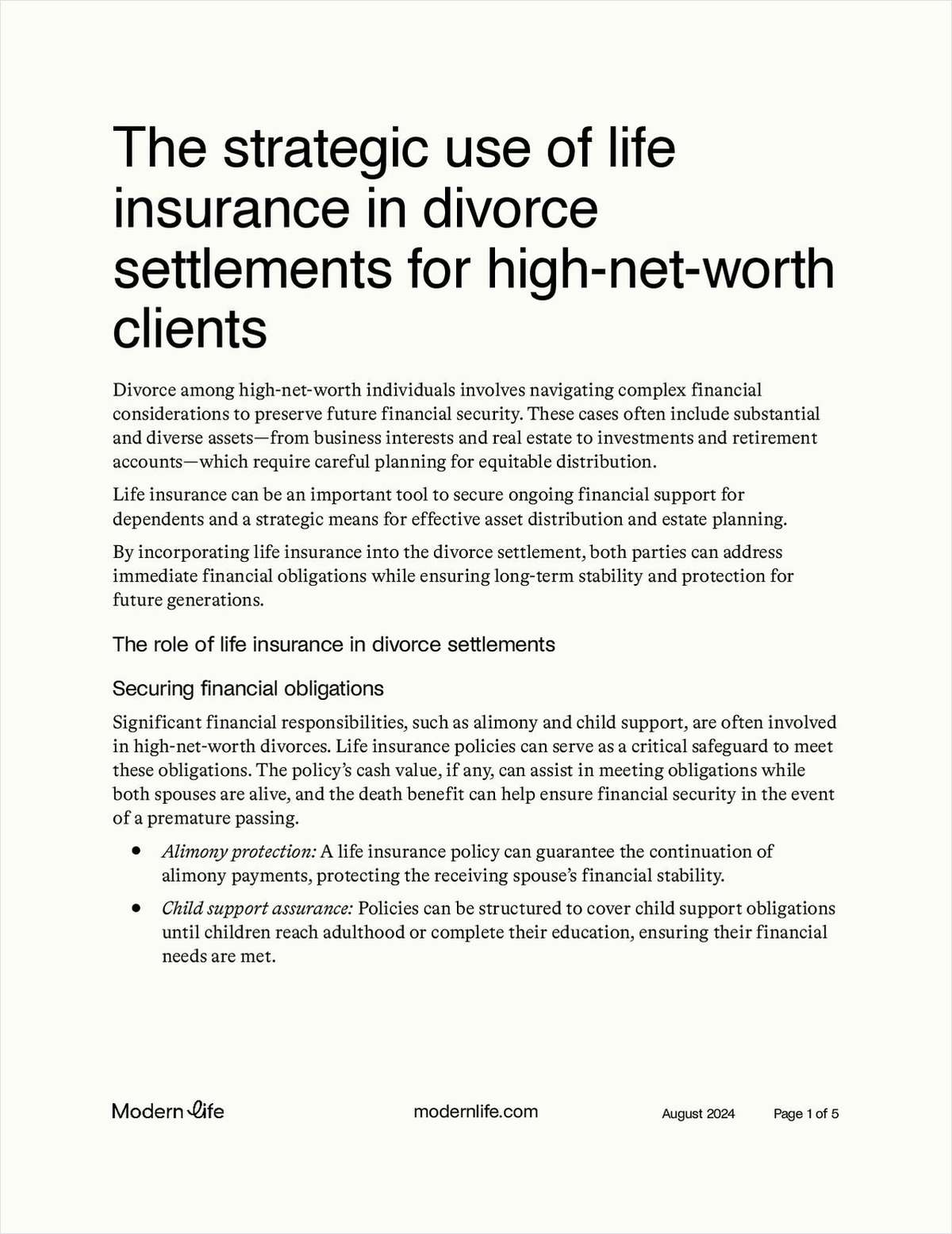A letter from funded consumer representatives at the National Association of Insurance Commissioners rips the organization on the closeness of some of its commissioners to the industry, including former North Dakota Commissioner Jim Poolman.
In particular, the letter, signed on Sept. 24, questions the process surrounding the recently adopted revisions to the Viatical Settlements model act and raises concerns about Poolman's hope to find a job in the insurance industry. Attachments to the letter also raise concerns about campaign contributions to Poolman during the time he was overseeing the development of the revised model at the NAIC's Life & Annuities "A" Committee.
Reached by National Underwriter, Poolman, in response, assailed the consumer letter and the life settlements industry, emphasizing that he has not accepted a job in the industry or had an unwritten or unspoken agreement with a company in the industry while he was insurance commissioner. He did say, however, that an announcement would be forthcoming shortly on an appointment to a position.
The letter is signed by 11 NAIC funded consumer reps, with a copy sent to the Department of Justice Public Integrity unit. It states that several news accounts regarding Poolman "have raised questions about the integrity of the process used that resulted in changes to the model." Later, the letter states that allegations of impropriety "raise real concerns about the integrity of the process used to update the viatical model act."
The letter calls on the NAIC to "adopt a conflict of interest policy in which the NAIC officers, chairs of standing committees and chairs of executive committee working groups agree not to accept any direct or indirect compensation to appear before any legislative or administrative body on any issue under the jurisdiction of their committee for a period of one or two years after they leave the position, with substantial penalties for violating the policy."
"The NAIC has no response to the letter at this time. There is a consumer meeting scheduled for Saturday at 2 p.m. [Sept. 29 at the NAIC fall meeting in Washington,]" according to Scott Holeman, NAIC spokesman.
Attachments to the letter include a Sept. 2, 2007 article from Associated Press, a blog report NorthDecoder.com, and a timeline provided by NAIC funded consumers Bill Newton and Don Morrison.
The AP story says that e-mails it obtained indicate that insurance lobbyists and regulators were informed by Poolman of his impending departure before North Dakota Governor John Hoeven. The AP article cites laudatory e-mails from Julie McPeak, Kentucky executive director of the office of insurance. McPeak succeeded Poolman as "A" Committee chair and also worked on and shepherded the Viatical model through to its full NAIC adoption.
In one e-mail cited by AP, McPeak writes "Congrats on your new gig. You deserve a sweet deal after all you have been through. And a place in N.Y.! How cool is THAT????"
Susan Voss, Iowa insurance commissioner, according to the AP story, jokingly writes "promise me you'll still remember the little … state commissioners when you hit the big time, and only shop at Barneys and Manolo's," referring to expensive clothing stores.
In an article in the Sept. 26 Lexington Herald Leader in Lexington, Ky., e-mail exchanges between McPeak and Poolman cite McPeak as expressing concern over Governor Ernie Fletcher's chances of being re-elected and her interest in obtaining a job in the industry. In the e-mail, according to the article, Poolman, then commissioner, offered to contact Bruce Ferguson, a lobbyist with the American Council of Life Insurers, Washington.
Jack Dolan, a spokesman for the ACLI, told the paper that no one had contacted Ferguson on that topic. McPeak told the Herald Leader that she would prefer to stay in state government but because her position was appointed, she could be replaced at any time. She told the paper that "she had 'nothing lined up' for a private sector job."
Kentucky's McPeak responded in an interview with National Underwriter, emphasizing that she does not have a job lined up in the industry and "very much likes my job." The e-mail, she says, was considered a "joke" between Poolman and she. A call was never made, McPeak stresses. She notes that she is an appointee, the governor is in a "heated race" and it is "not shocking" to think that she would consider other options.



